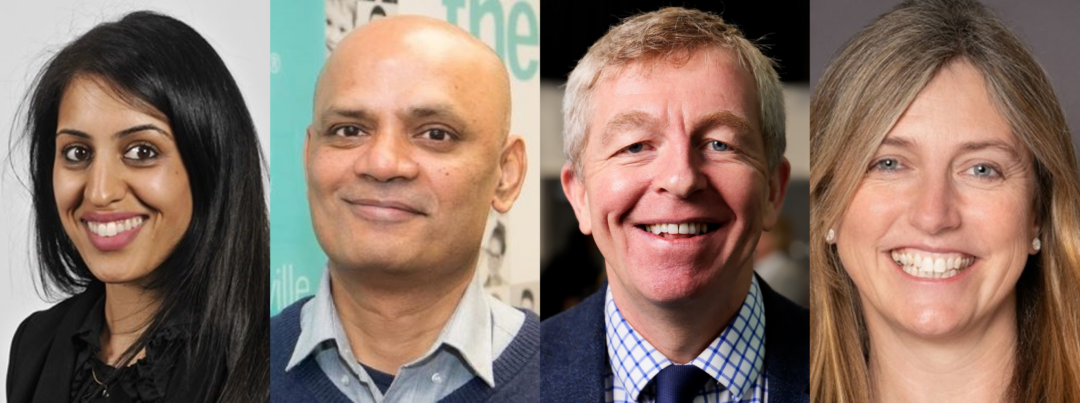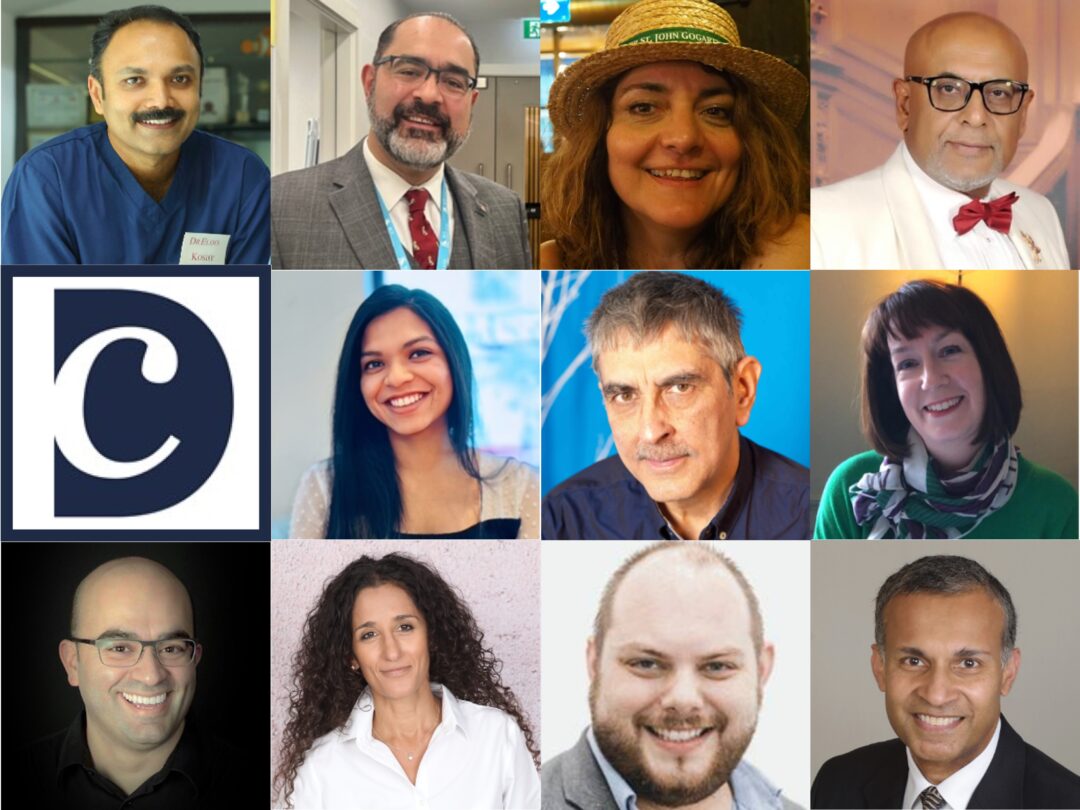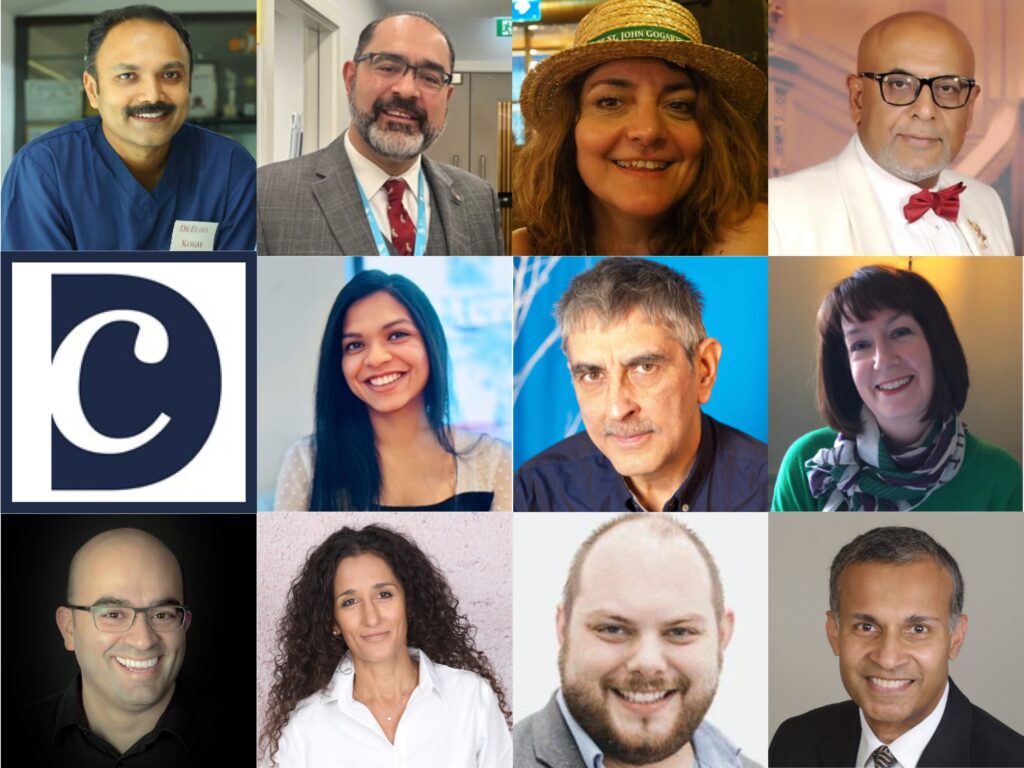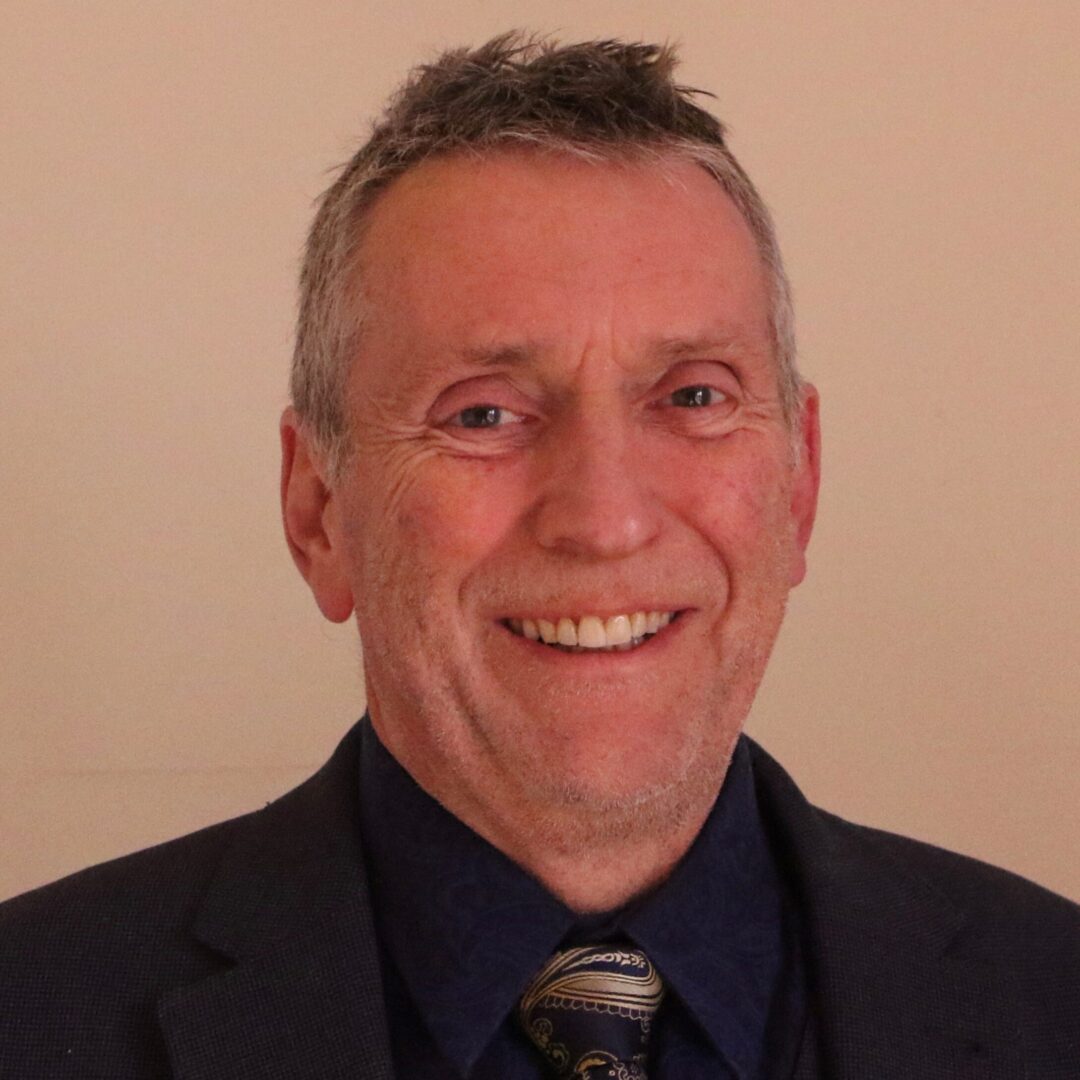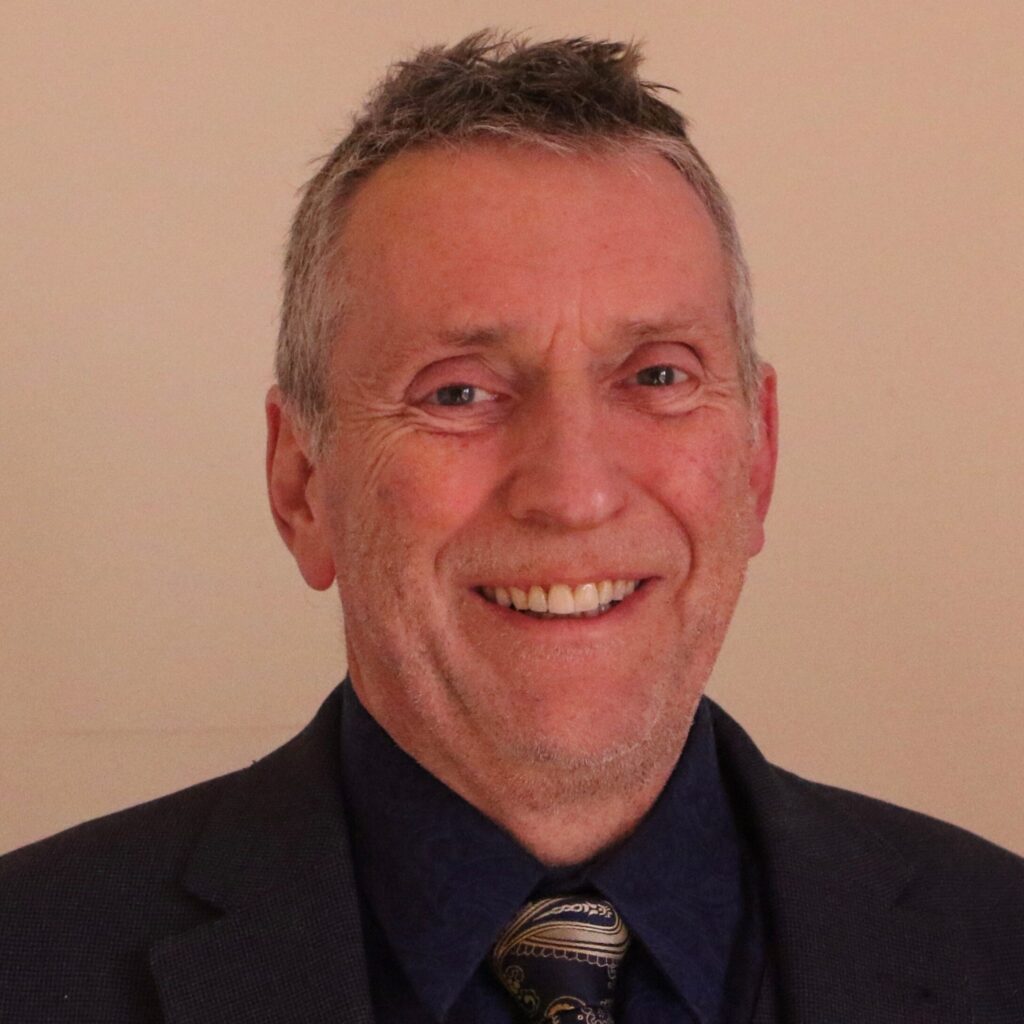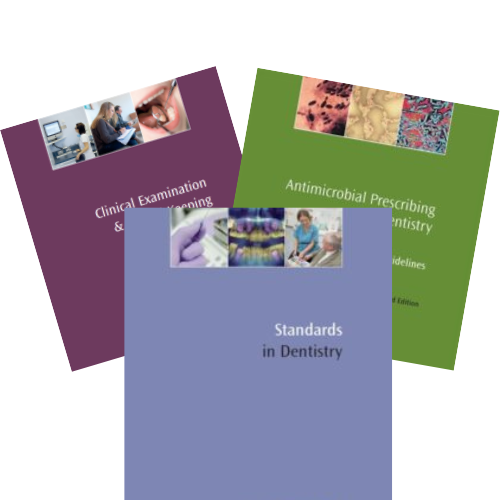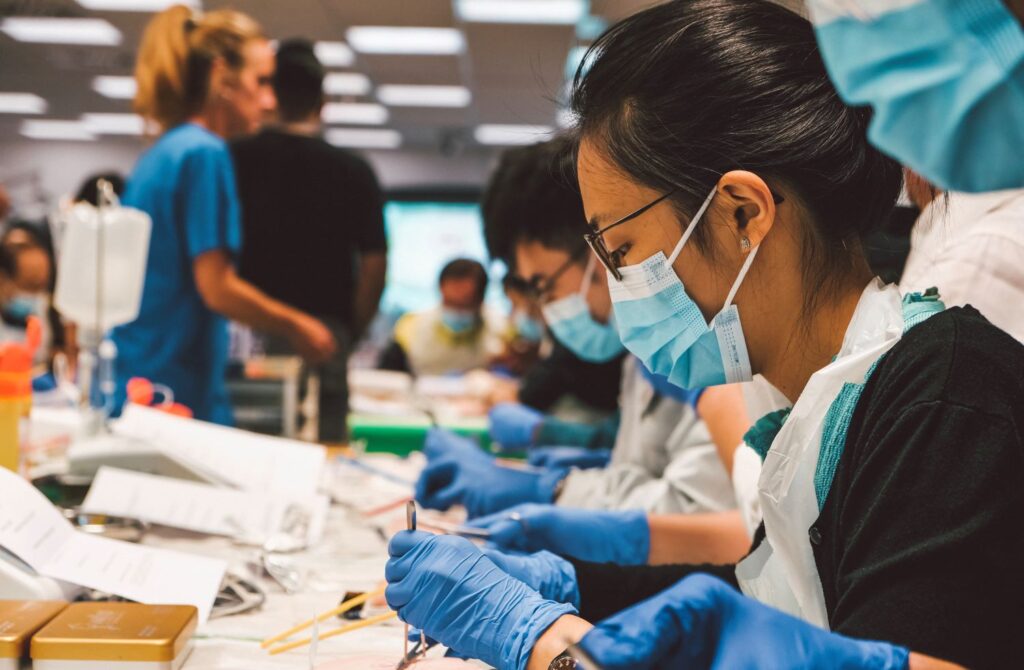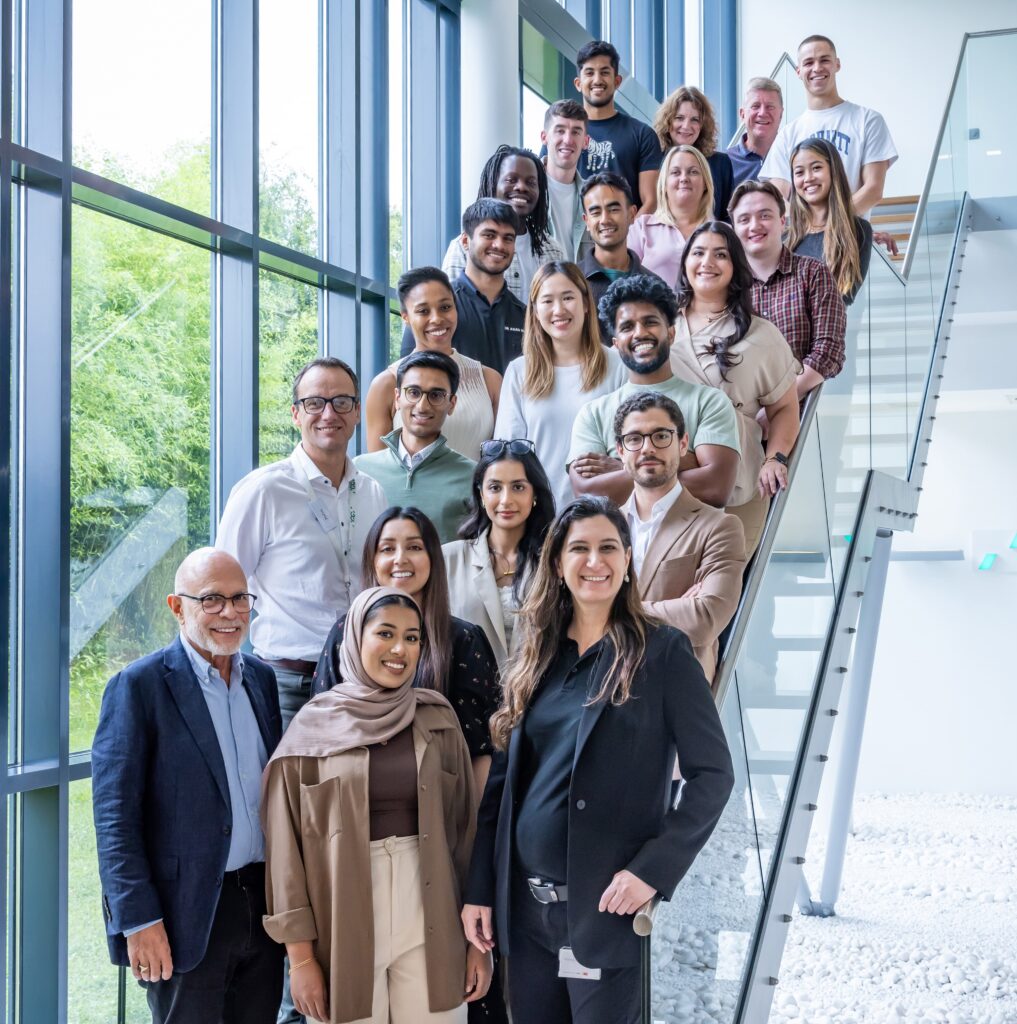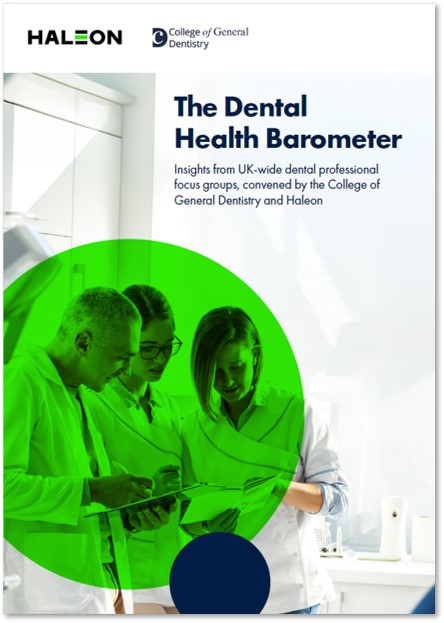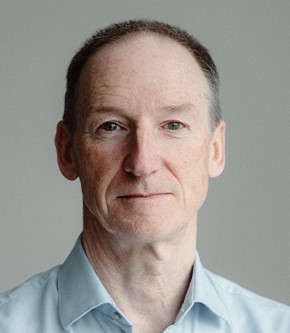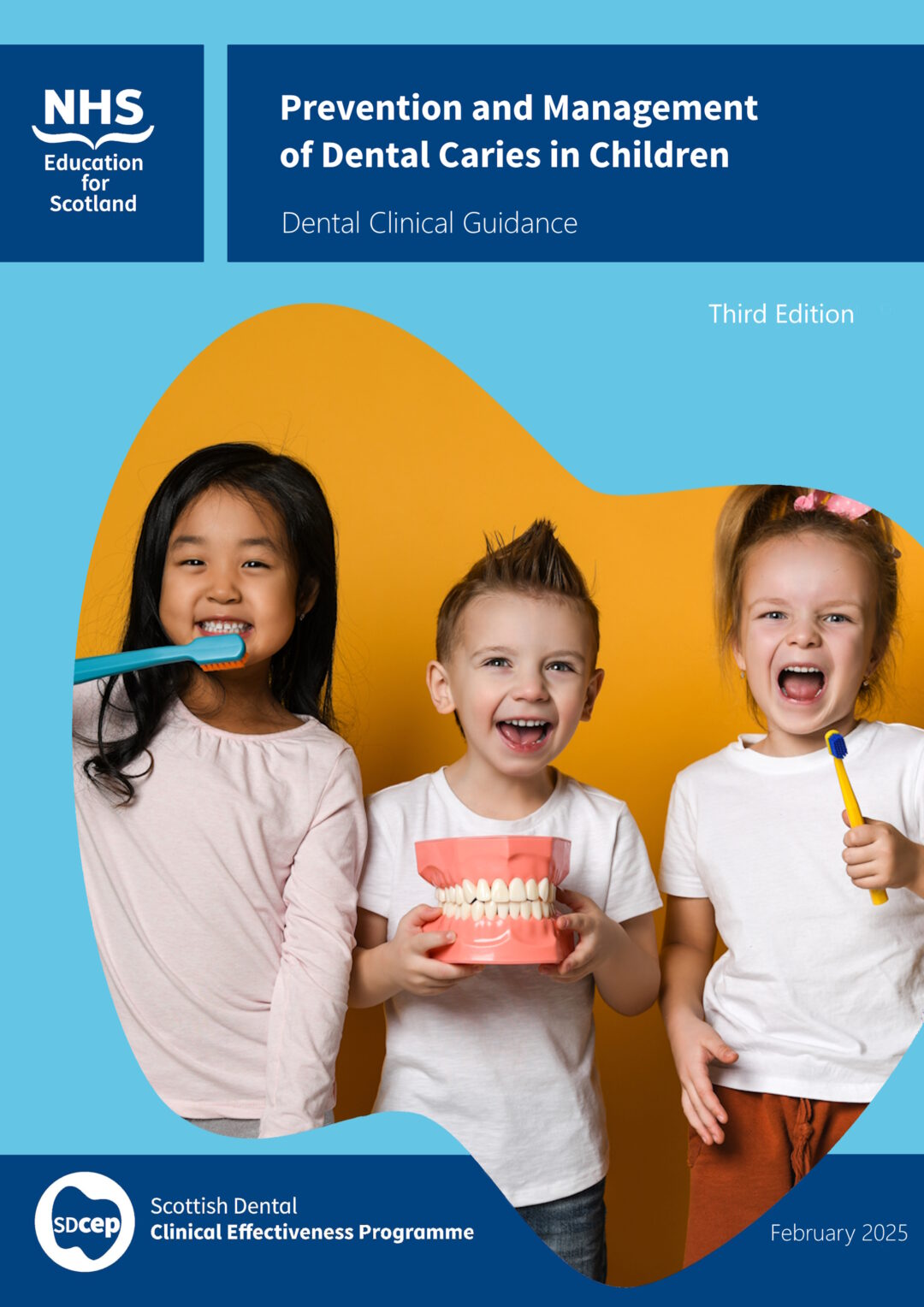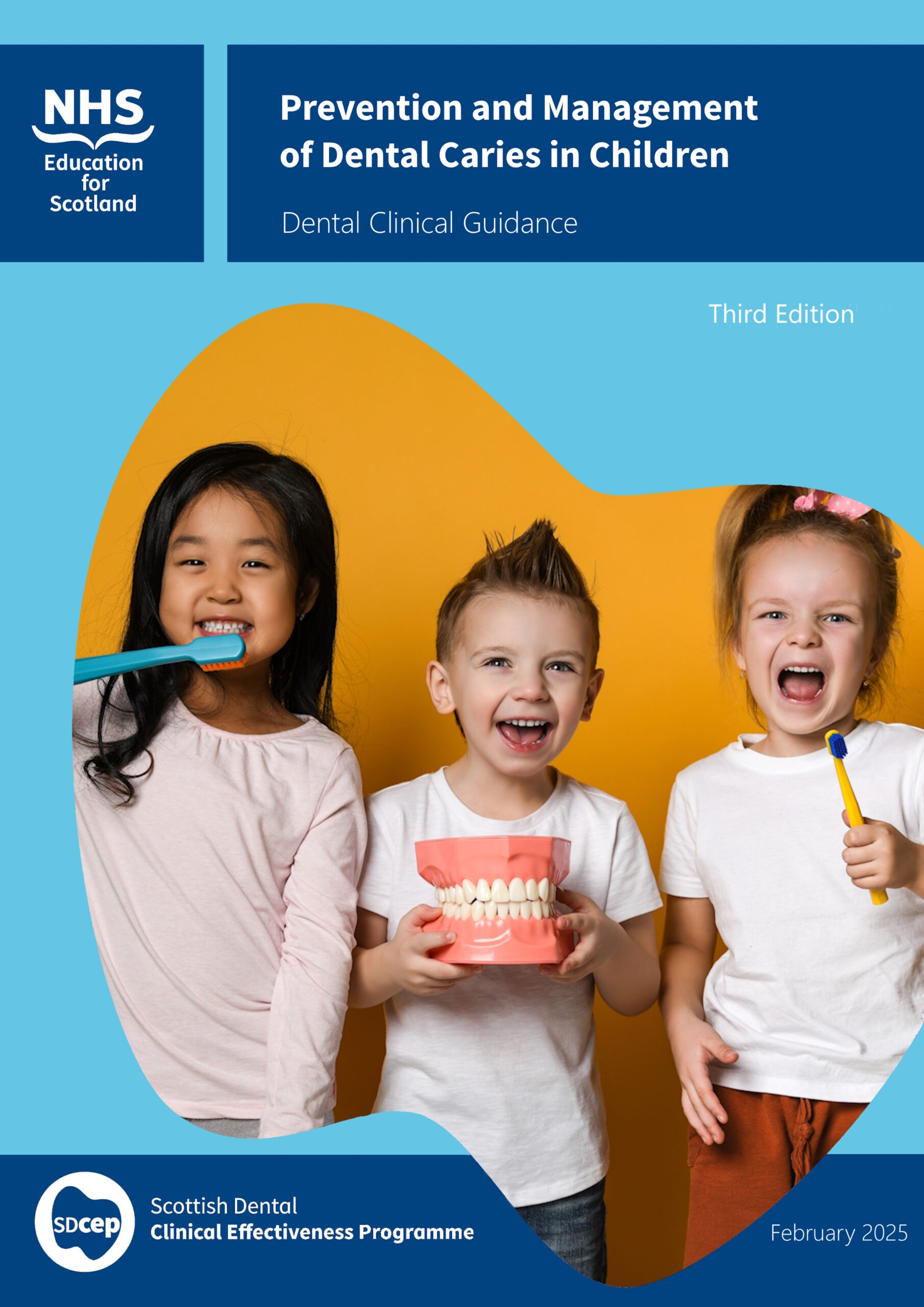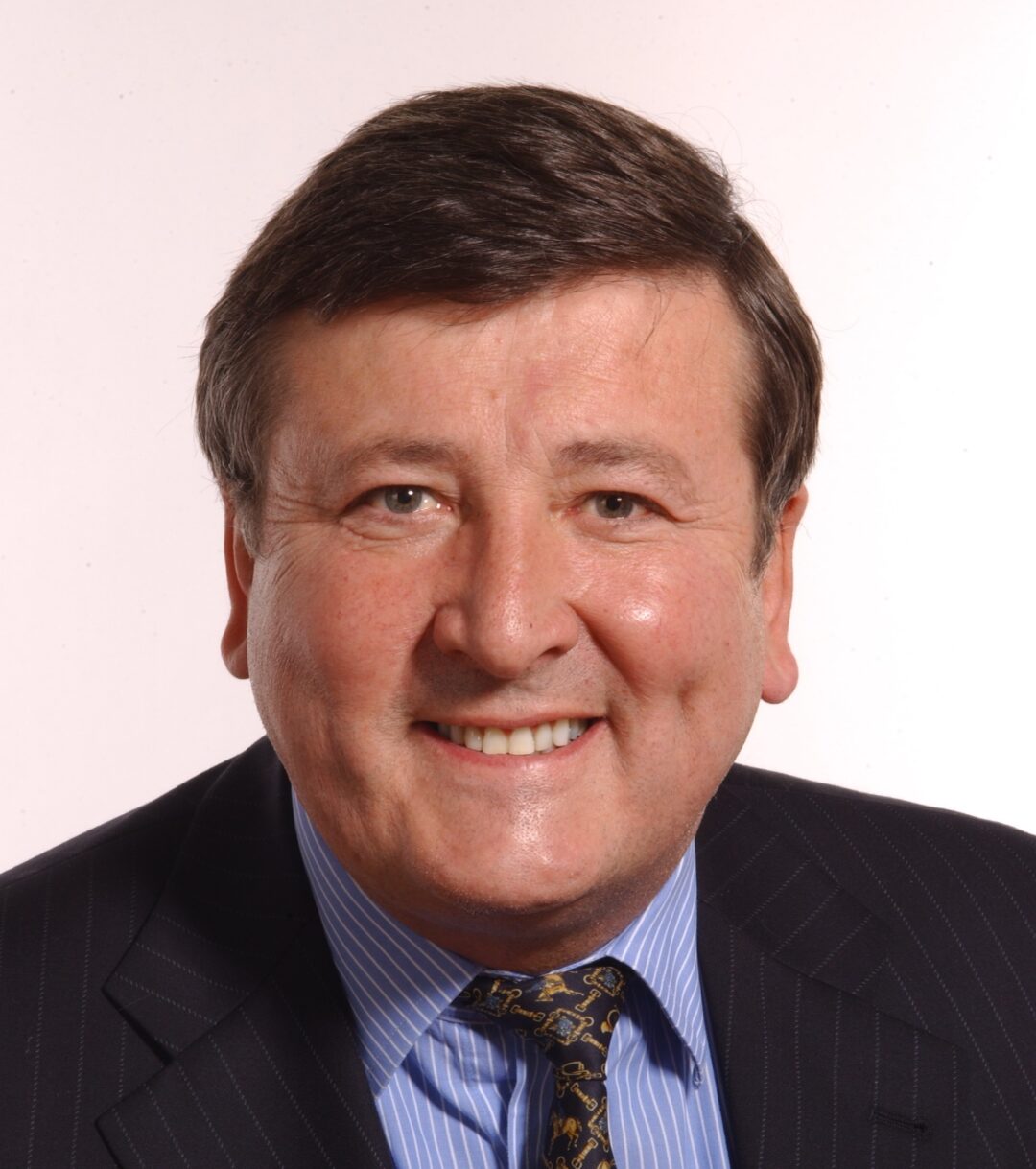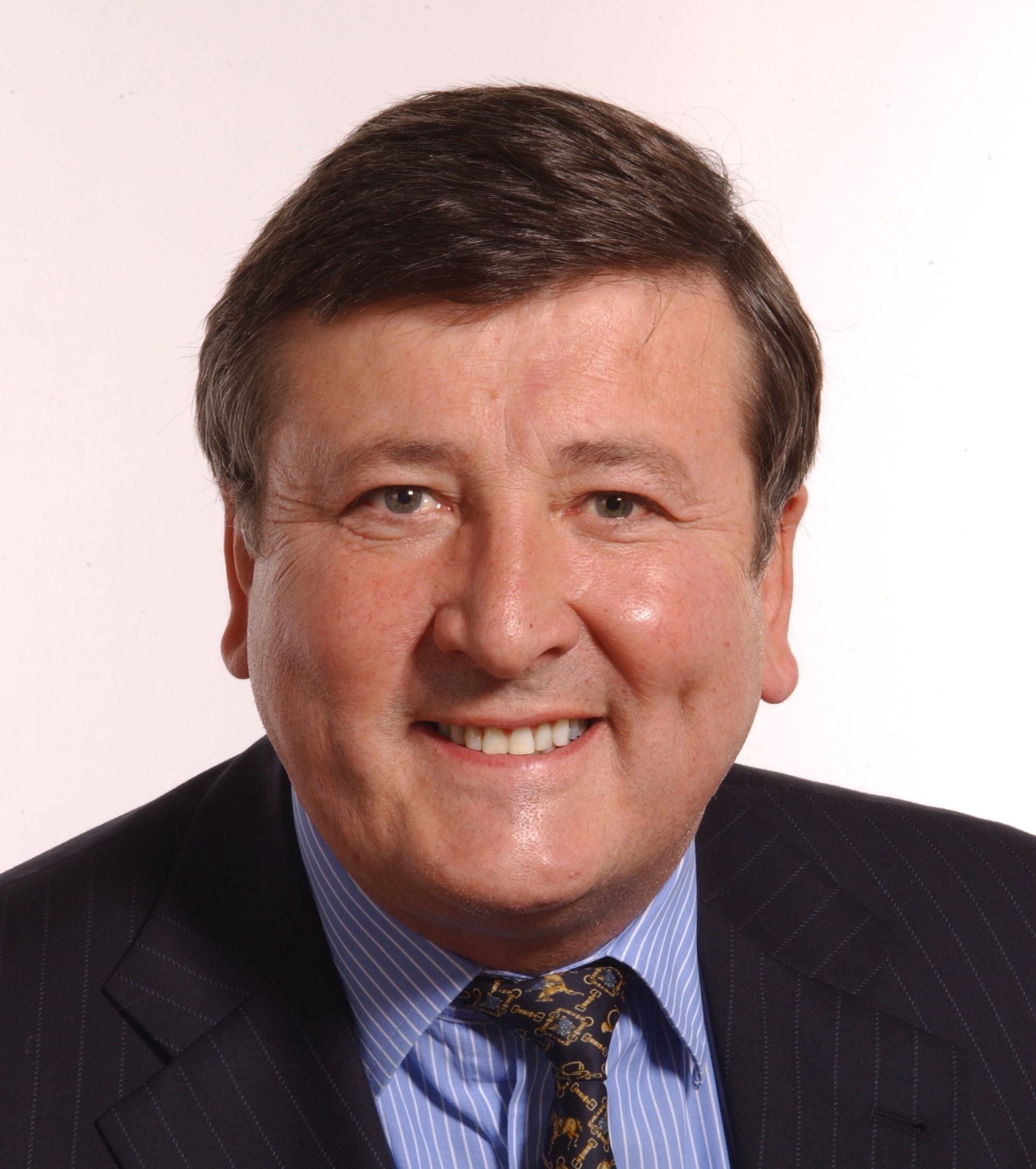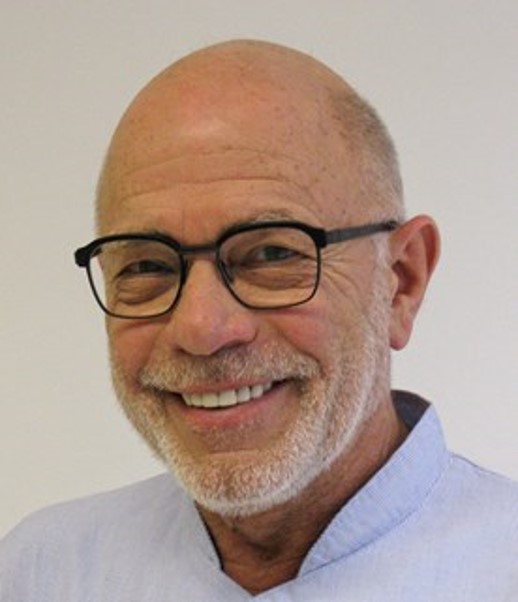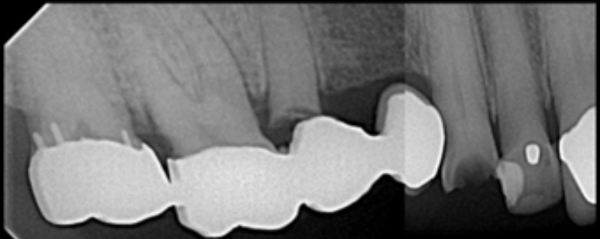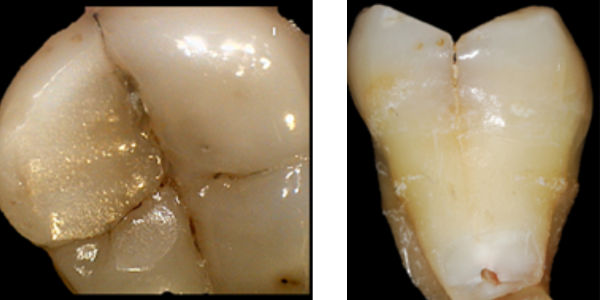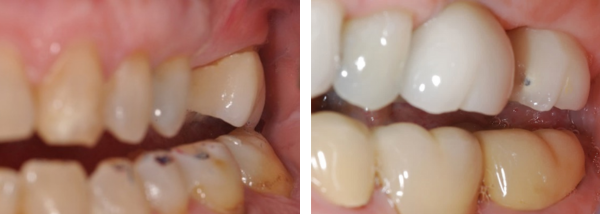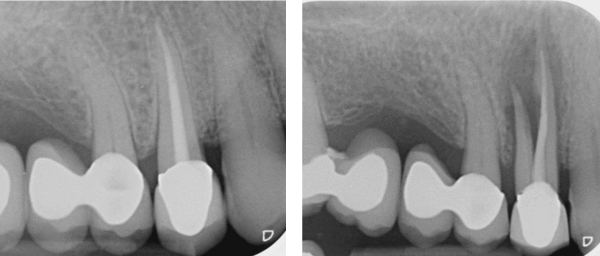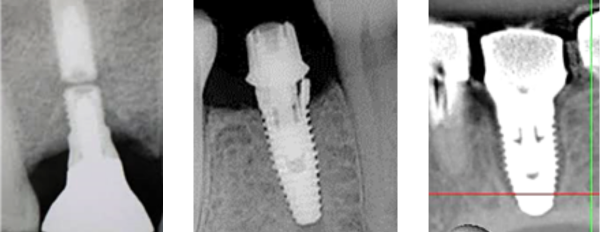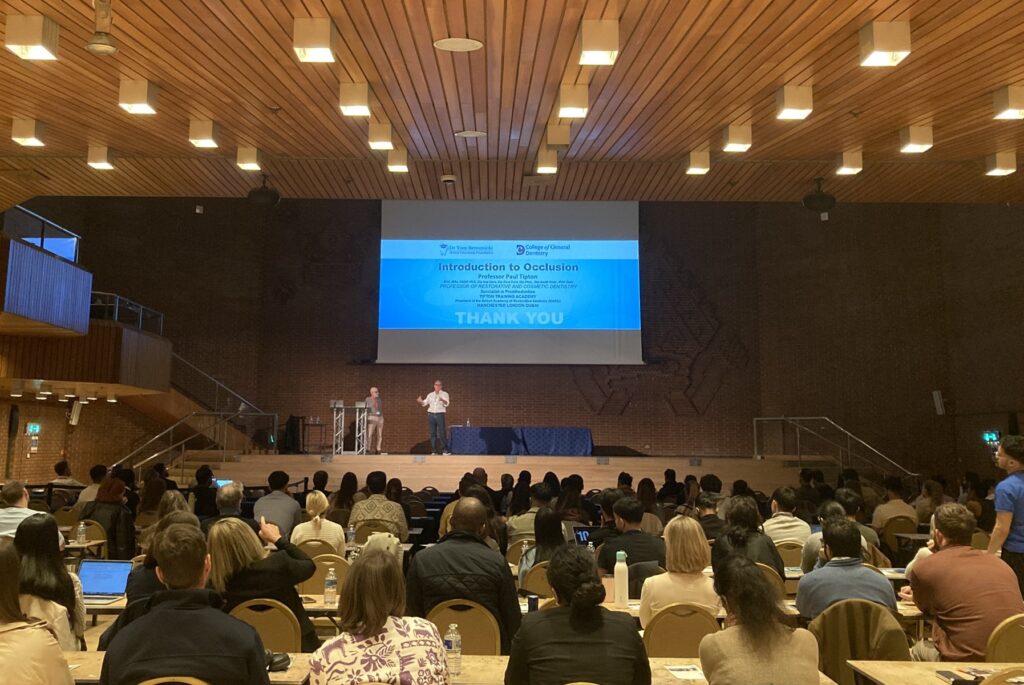Senior College members took part in a recent meeting of dental leaders from across the UK to share learning on how best to support the careers and professional development of the future dental team.
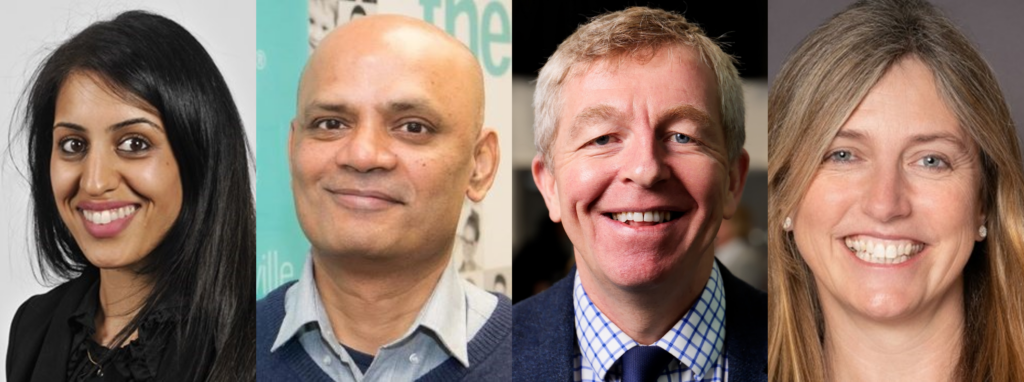
College panellists, speakers and presenters at the Dental Leadership Network: (l-r) Roshni Karia, Manish Prasad, Ewen McColl and Catherine Rutland
Dr Roshni Karia MCGDent (President of the College) and Dr Manish Prasad FCGDent (Clinical Director at MyDentist and a CGDent Certified Membership Facilitator) both participated in a panel discussion on the question of ‘How do we align the needs of the sector with the expectations of new dental professionals?’.
Dr Karia, who was previously an early careers observer on the board of the former Faculty of General Dental Practice UK (FGDP) and more recently was a member of the College’s Career Pathways Programme Board, noted that new dental professionals are looking for support and guidance to enable them to have fulfilling careers offering flexibility, a sustainable work-life balance and opportunities for growth and recognition. She added that the College is in the process of developing structured pathways for all members of the dental team which will align these desires with the needs of the sector by recognising appropriate education, experience and skills acquisition at each career stage.
Professor Ewen McColl FCGDent (Chair of the Dental Schools Council, member of the College Council and Editor of the College’s Standards in Dentistry publication) gave a presentation on “How do we prepare BDS students for practice?” and took part in a panel discussion on “Ensuring development opportunities that meet the needs of individual dental professionals“.
The sessions took place at the most recent ‘Dental Leadership Network’ day convened by the General Dental Council to facilitate shared ownership in addressing key challenges facing the profession.
Dr Catherine Rutland FCGDent (Clinical Director at Denplan) closed the event, and was also a facilitator of the final workshop session alongside Fiona Ellwood BEM (Executive Director of the Society of British Dental Nurses, Associate Member of the College and former Honorary Fellow of the FGDP).
Other attendees included Professor Avijit Banerjee FCGDent (Chair of the College’s Faculty of Dentists), Dr Debbie Reed FCGDent (Chair of the College’s Faculty of Dental Nursing & Orthodontic Therapy), Bill Sharpling FCGDent (Chair of the College’s Faculty of Clinical Dental Technology & Dental Technology), and College Council members Helen Kaney FCGDent and Miranda Steeples AssocFCGDent.
Held in London on 25 March on the theme of ‘Future dental team: their expectations, development and career’’, the event followed a previous meeting on workforce challenges involving Dr Abhi Pal FCGDent (then President of the College), Dr Debbie Reed FCGDent, Dr Catherine Tannahill MCGDent (Director of Clinician Engagement of Portman Dental) and Ashley Byrne FCGDent (Board Member of the Dental Laboratories Association).

